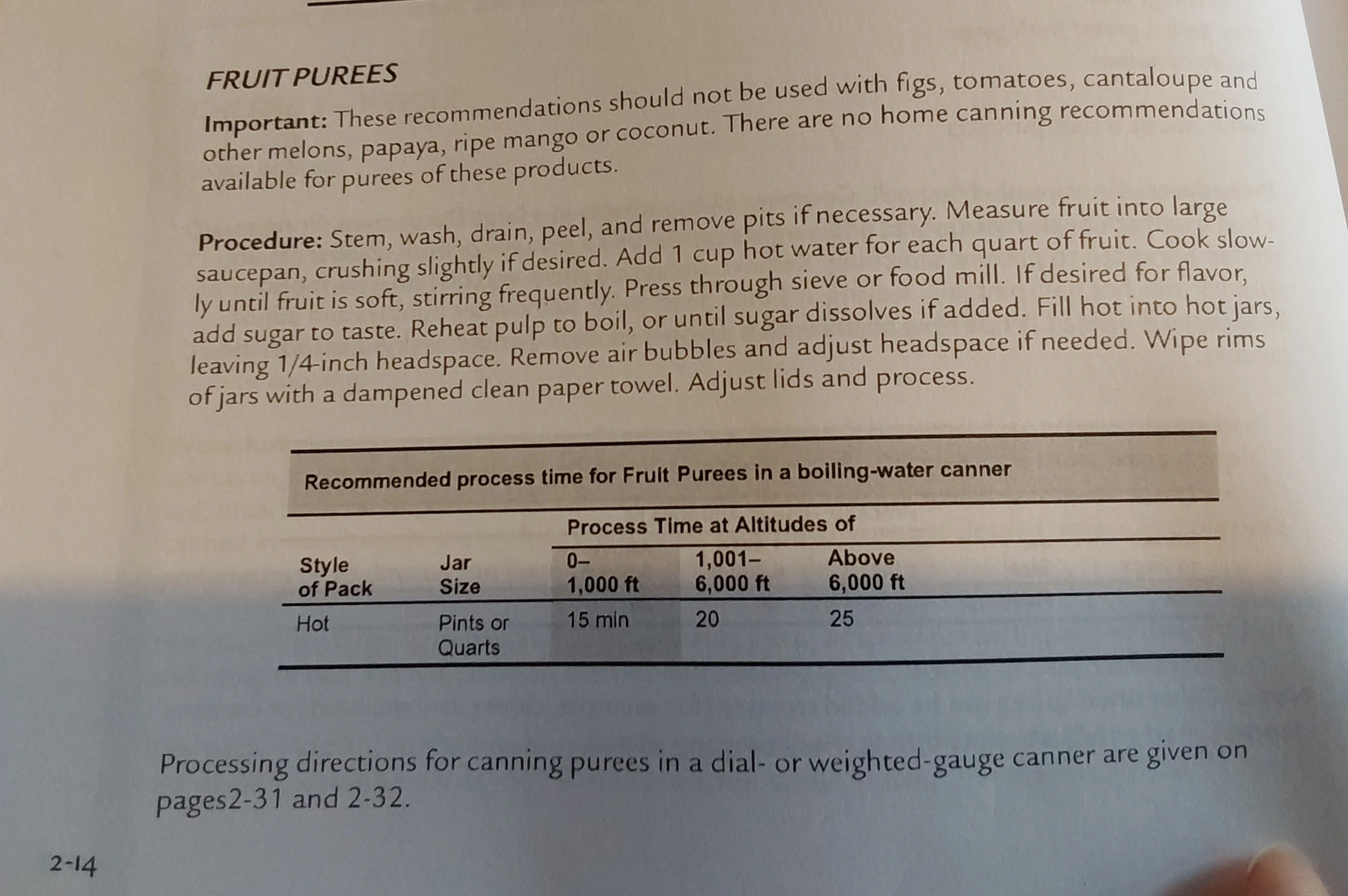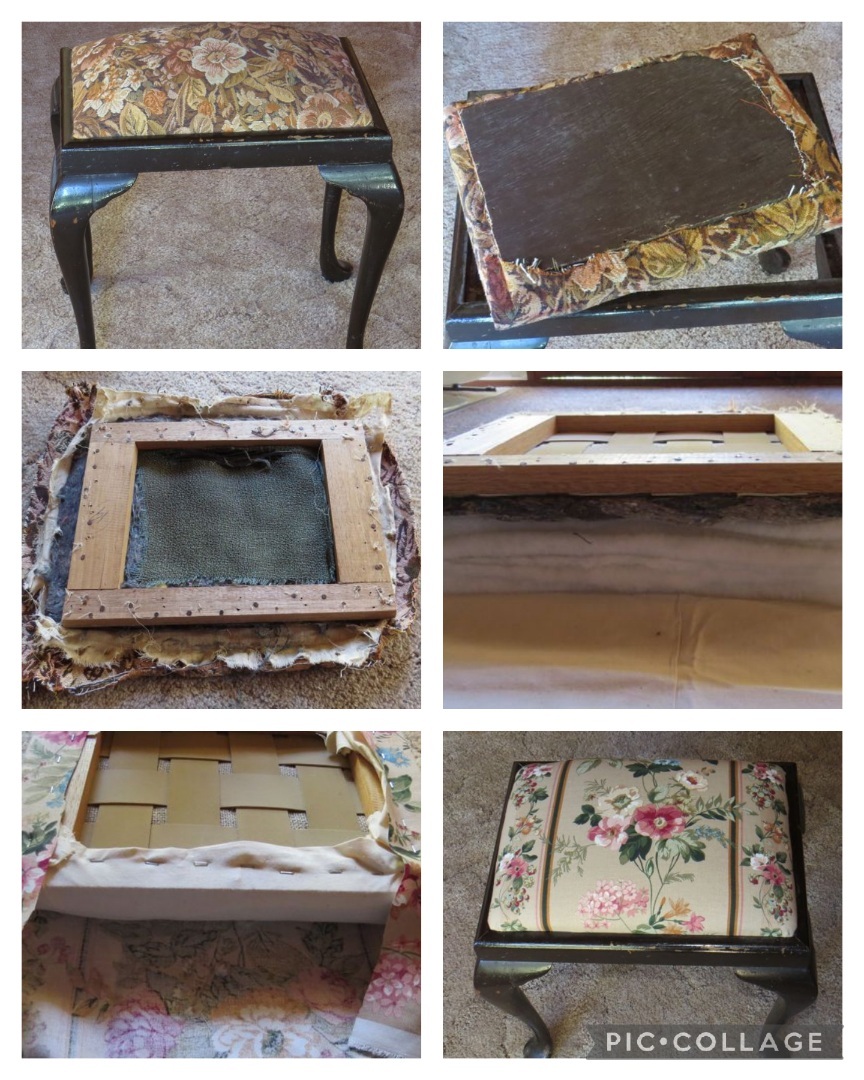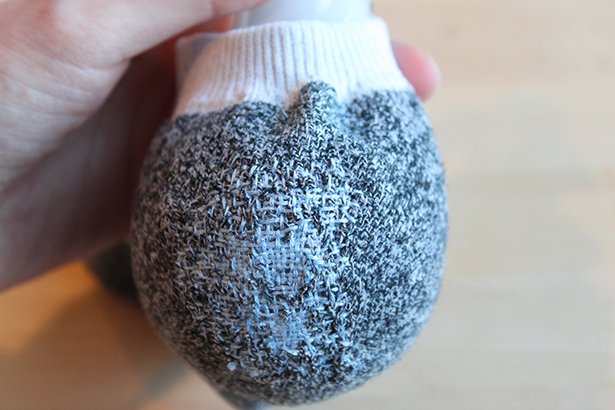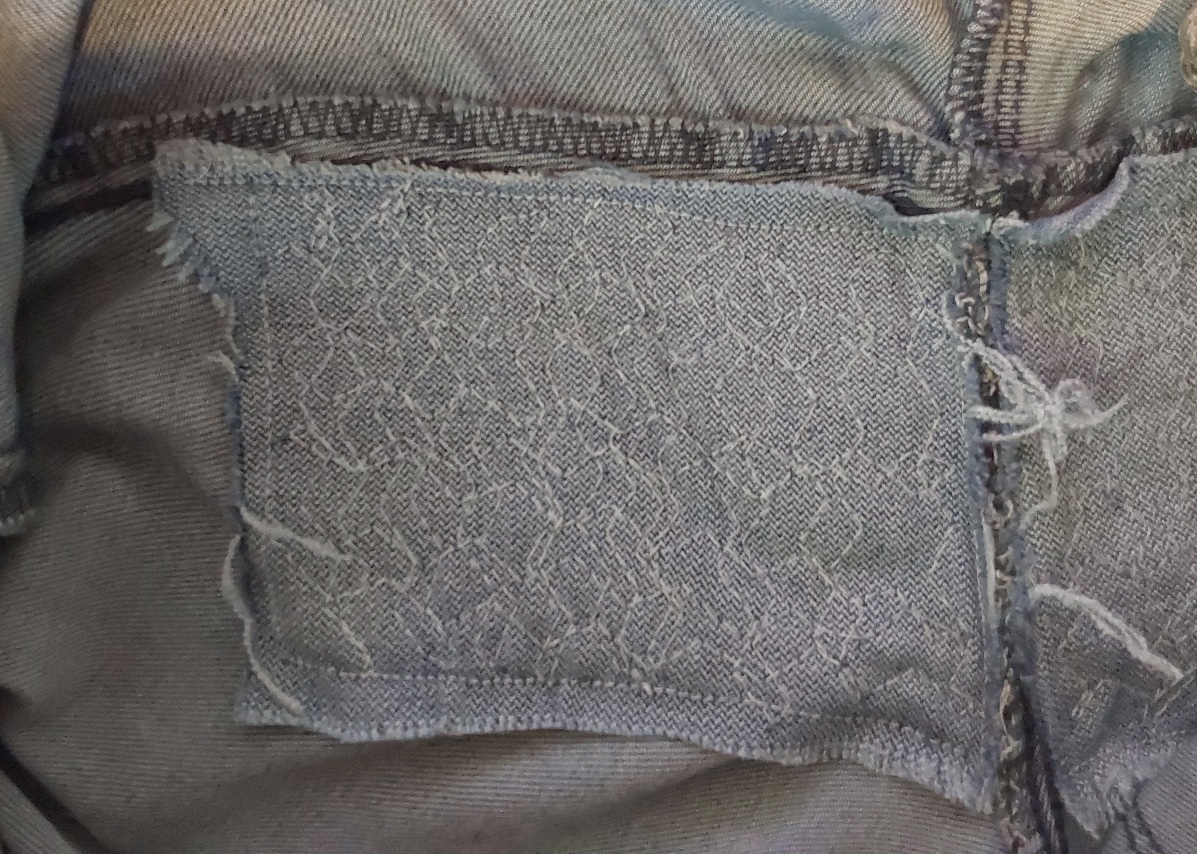I'm not sure that "just" digging a trench and burying waste in a garden bed that you have conveniently lying around unused waiting for next year's vegetables is either easy, or practical for most people with limited garden sizes.
The author tries to make it sound like some sort of free and easy method of just scattering waste without any rules, but in reality there are a lot of provisos. You have to have an area of ground you don't need to use to be able to spread everything out so you are not creating one stinking pile. You have to have opportunities to collect all of the material, and although it is glossed over in the article the inclusion of the paper plates, napkins, shredded documents etc. would be vital to this working - the "ratios" that are sneered at as if they are some sort of arbitrary rule you can gleefully ignore are the difference between composting and rot (too much green material) or mulch (a layer of dry brown material). Covering the material with mulch is not just about making it look better because you are fussy, it actually allows the right conditions of moisture & darkness to allow the organisms to break down the waste, if you don't do that you will mostly get dried up old food sitting on top of the ground.
Hot composting, where the goal is maximum nutrients as quickly as possible, can be a complicated process and presenting that as the standard method does put a lot of people off. But presenting the alternative as "there are no rules" is misleading and likely to lead to failure for a lot of people too. Understanding a bit about how composting works, especially that there does need to be a balance of materials to feed the soil organisms that are doing the work for you, will lead to a much greater ability to create a system that works for each individual's circumstances.







Lemmy is trying to help stop me procrastinating and refusing to let me log in to my Aussie.zone account on the computer. I'm going to show it that my procrastination cannot be stopped so easily and clean out the cat litter tray. The things we do when we should be studying. 🤣